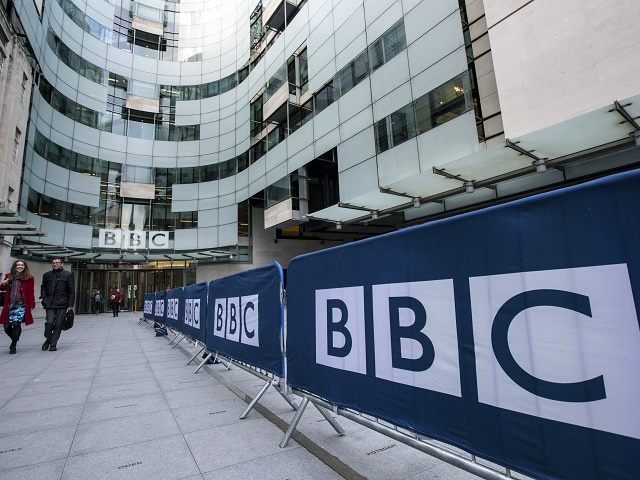Some three-quarters of a million pensioners who would have previously been afforded a free television licence have refused to pay after the rules were changed, creating a substantial resistance to the television tax that funds the BBC, according to reports.
The Mirror claimed to have uncovered that 750,000 over-75s have so far refused to pay the £157.50 a year licence fee, costing the British Broadcasting Corporation an estimated £117 million from their anticipated gain in changing the rules on who is exempt from the levy.
While the BBC denied the figure, Dennis Reed from the senior citizens’ campaign organisation Silver Voices said: “There are a hard core who are resisting. The stalling is significant.
“The over-75s have suddenly been flooded with further reminder letters.
“Some had three or four letters in the last couple of weeks reminding them their licences would be cancelled. They are desperate to get people to pay.
“The BBC has made a total pig’s ear of this and if the courts start fining and jailing the over-75s their roof will fall in.”
Former Conservative MP and Brexit Party MEP Ann Widdecombe, 73, criticised the publicly-funded broadcaster, saying: “The BBC is wrong. When the Government was running it, when you were over 75, you got a free licence.
“I can see no reason at all to take that away.”
During the December 2019 election campaign, Prime Minister Boris Johnson questioned the long-term future of the licence fee model, saying: “How long can you justify a system whereby everybody who has a TV has to pay to fund a particular set of channels?”
However, despite the government signalling last year it was going to decriminalise non-payment of the licence fee, last month the Johnson administration shelved the plans, saying it would keep the proposal under “active consideration”.
Over-75s had been granted a free TV licence since 2000, the cost being covered by the government. The BBC agreed in its 2015 renegotiation of the licence to take on the burden of payment itself but announced in 2019 that it would reintroduce the TV tax for seniors — bar those receiving pension credit, which is a welfare benefit for poorer elderly people.
Non-payment of the TV tax can result in a £1,000 fine or even imprisonment. The TV Licencing authority warns that “you are breaking the law” if you watch live television or BBC iPlayer without a licence, and that it will use “detection vans” that can “detect the use of TV receiving equipment at specifically targeted addresses within minutes”.
They also describe “visiting officers” who will come to a person’s house they suspect of breaking the law, adding the threat that: “If you tell us that you do not need a TV Licence, our officers may still visit you to confirm this.”
Concerns were raised by parliamentarians in 2019 that it may be upsetting for an equivalent “outreach” officer turning up at seniors’ doors to tell them that in future, they would have to pay a tax to watch television.
An investigation by The Telegraph published last week claimed that elderly Britons were being sent threatening letters, detailing that they may be “interviewed under caution” and face a “criminal conviction” for non-payment of the TV tax.
Rebecca Ryan of the campaign group Defund the BBC told the newspaper: “It’s frankly outrageous that the BBC is sending pensioners extremely threatening and deceptive letters during a pandemic when they are understandably fearful.
“We have seen many of these letters via our supporters and they have one purpose and that is to frighten and confuse the recipient into paying the BBC money, whether they need to or not.”
Defund the BBC came to prominence during the far-left Black Lives Matter protests in London last summer, when the broadcaster came under criticism for describing one particularly violent and destructive riot as “largely peaceful”, despite admitting that 27 officers had been injured.
BBC also came under fire last year after being alleged to have bowed to Black Lives Matter-inspired activists by cutting the lyrics from Proms favourites “Rule, Britannia!” and “Land of Hope and Glory”. The decision was later reversed after public outcry and a poll found just five per cent backed cancelling the patriotic pieces.

COMMENTS
Please let us know if you're having issues with commenting.